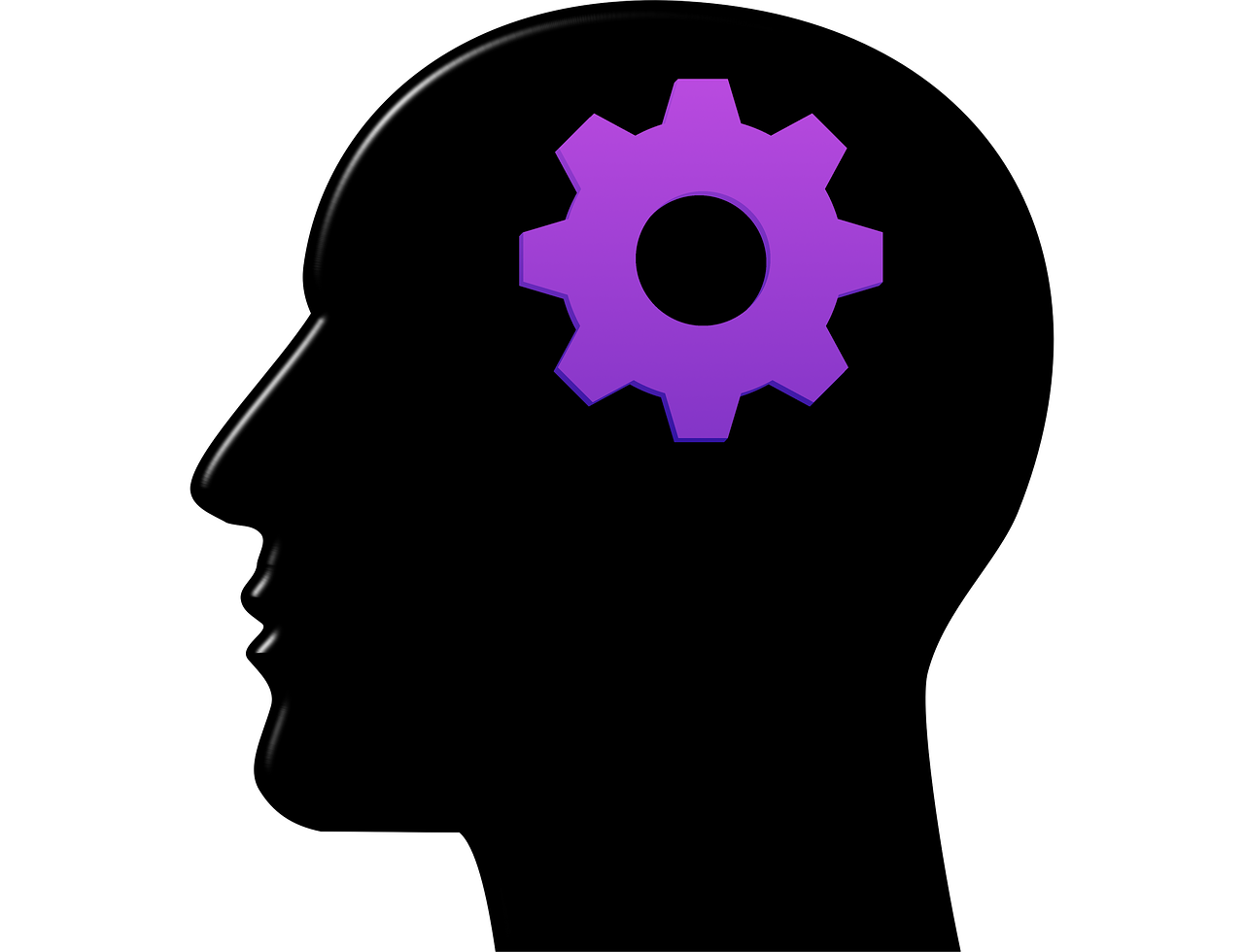

.
Recently I’ve been walking around thinking, “thank God it’s Week ten already.”
The problem with this thought is that it’s simply not true. We are just about to complete Week 4, and it already feels as though a full term has been completed.
It certainly didn’t help to have a very un-Forty Hour Principal like 14 hour day recently, where I was able to catch a 20 minute break somewhere around 4:30pm. I gave up counting how many unfinished coffees I left lying about.
The result of this big day has been a string of shorter, but yet really tiring ones. I’ve got no idea how some of our principal colleagues routinely pull out 70-80 hour weeks. More importantly I’ve got no idea why they would want to. I feel crap as a result of just one of these weeks. And when I say crap, I mean physically and mentally rubbish.
I’ve got to thinking that I still have to crawl my way through another six weeks, and so my approach needs to be different. I’ve been placing my money on a hunch that much of the tiredness and stress that I’m going through is self-inflicted and I’ve decided not to wait for the cavalry to arrive but to deal with it for myself. Parts of it I can’t control – for example a one off, busy busy, long long day – but a lot of it I can control.
I’m going to start with my thought processes.
Recently I read an interesting study published in 2005 by the National Science Foundation. They found that the average person has between 12,000 and 60,000 thoughts per day.
An even more recent study (2020) suggested that we have on average 6,200 thought worms. How they measure these things I have no idea, but isn’t it fascinating?
Of these thoughts they were able to estimate that 80% were likely to be negative ….and a whopping 95% of them were repetitive thoughts from the days before.
My worries have a significant impact on the way that I see things and the way that I approach things. As a result I’m either trying to lock the world away, or I’m faking my emotions. Locking the world away is a diversion, faking it is an innovation. Both are exhausting strategies.
Of these 80% of our negative thoughts, 85% of them never amounted to anything. That’s 85% of the time worrying about something that didn’t eventuate. And, of the 15% of worries that did happen, a huge 79% of the study discovered that either they could handle the difficulty better than expected, or that the difficulty taught them a lesson worth learning.
The conclusion is that 97% of our worries are baseless and result from an unfounded pessimistic perception!!
Lightbulb moment!
They say that our thoughts are rehearsals for our actions. That’s a powerful line to consider. Our thoughts become what we do. So if our thoughts are largely pessimistic then our resulting actions are going to be fashioned on this pessimism. Ouch. No wonder people think I’m often in a bad mood!
Much of what we think is our way of predicting the future. This is what naturally makes us worry, because we are anxious about what might happen. In reality we have no idea what will happen.
“That kid in Room 10 – he’s going to explode and hurt someone very soon. I’m heading out of school for the next three days. I bet he explodes while I’m away. How will they cope, how will I cope!”
“My Banked Staffing account – if anyone else is sick this term it’s going to blow the budget – will my BOT understand that?”
“That teacher taking the kids down to the mountain bike course. Last time she was ill prepared and there was an accident. He’s going again tomorrow … “
These are all little snippets of worries that we might have in our professional lives. Worrying won’t help with any of these. A good plan will help. Put the plan in place. And then don’t worry about it. Trust that your plan is a good plan and that you have done all that you can.
Learning to control these worry thoughts is yet another important key that will help you get through. Understand that the vast majority of what you worry about is just fluff. And it’s that fluff that is getting in the way of you not just doing your job – but surviving and thriving in your job.
With this in mind I can get back to the process of enjoying the fact that I still have another six weeks of this term to work through.
Steve
Anonymous says:
Practising mindfulness, for me, has been an absolute Godsend in relieving anxiety and worry. Learning to breath correctly, to concentrate on the ‘now’ through breath meditation has been proven to change the brain. 4 weeks practice and the brain has changed functionally, 6-8 weeks and it has changed structurally. Honestly, the work of Richie Davidson. Jon Kabat-Zinn alongside the neuroscientists has proven this through studies involving MRI etc etc. I am a believer, and even a few minutes several times a day helps. Try it – shut your door, turn on an app if it helps – Mentemia and cam are great – take a moment for yourself! and do it regularly….
We have introduced this for staff and our kids – anyone else?
40hourprincipal says:
Agree that there is a lot of science behind the positive effects of meditation/ being meditative. How did your community react? (Sometimes people push back because they don’t understand.)